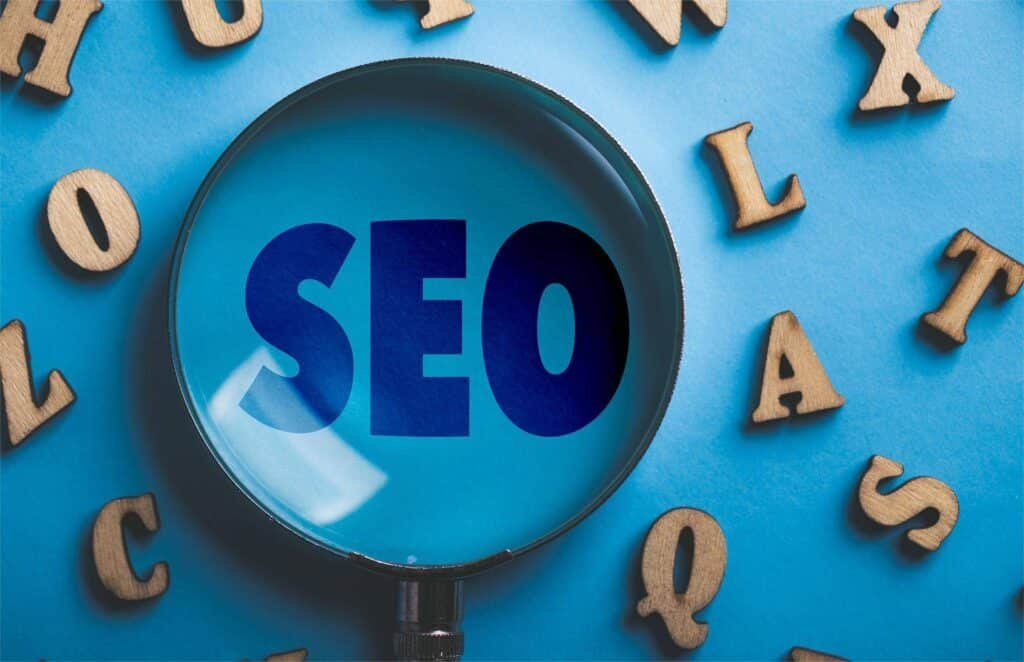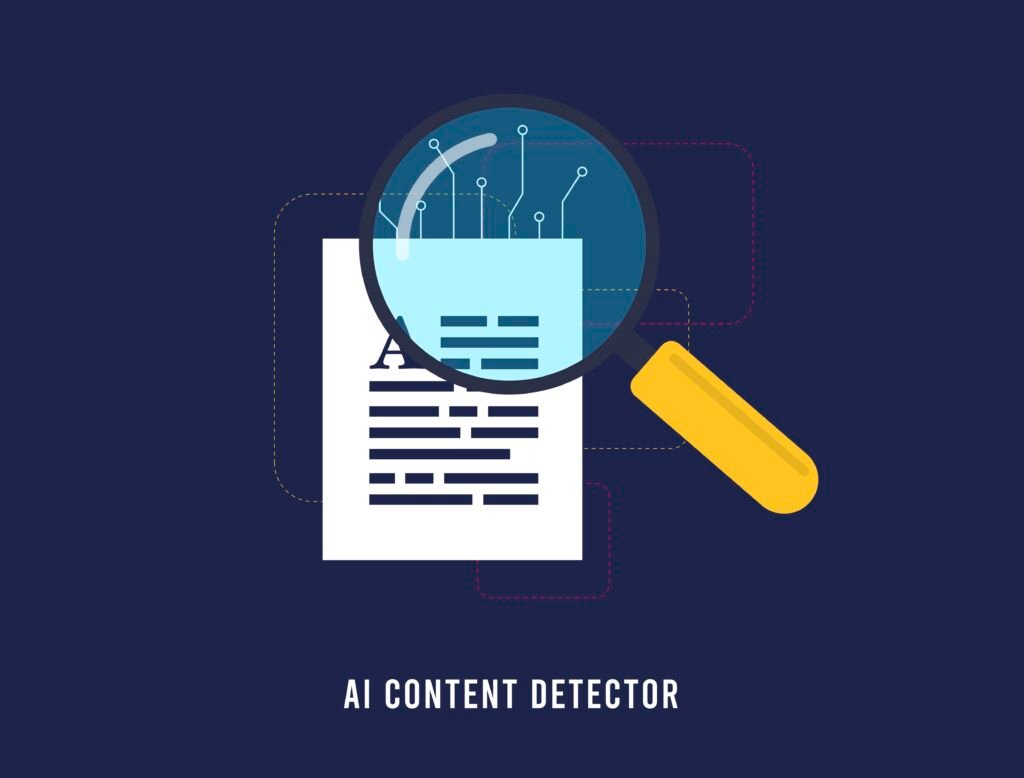How Can Businesses Use AI Tools for Effective Marketing in 2025?
Imagine this: As a marketing manager, you’re juggling multiple tasks daily — from market analysis and user research to content creation and ad campaigns. With such a busy workflow, how can you avoid burnout, improve team efficiency, and keep up with the ever-changing market?
Understanding and mastering AI marketing tools is now a priority as we approach 2025. But how can AI give businesses an edge in marketing? Let’s dive into the world of AI-powered marketing.
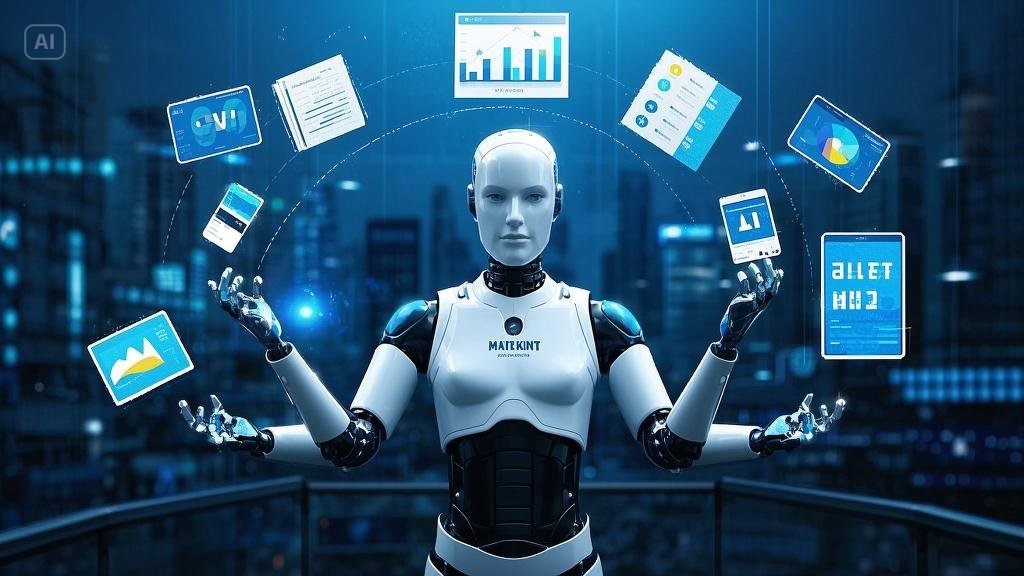
Why is AI Ideal for Marketing in 2025?
1. Marketing Technology Advancements Drive Change
The evolution of marketing has been a history of technological progress:
- Traditional Media (1.0): One-way communication.
- Interactive Internet Marketing (2.0): Engaging customers online.
- Data-Driven Marketing (3.0): Personalized, precision recommendations.
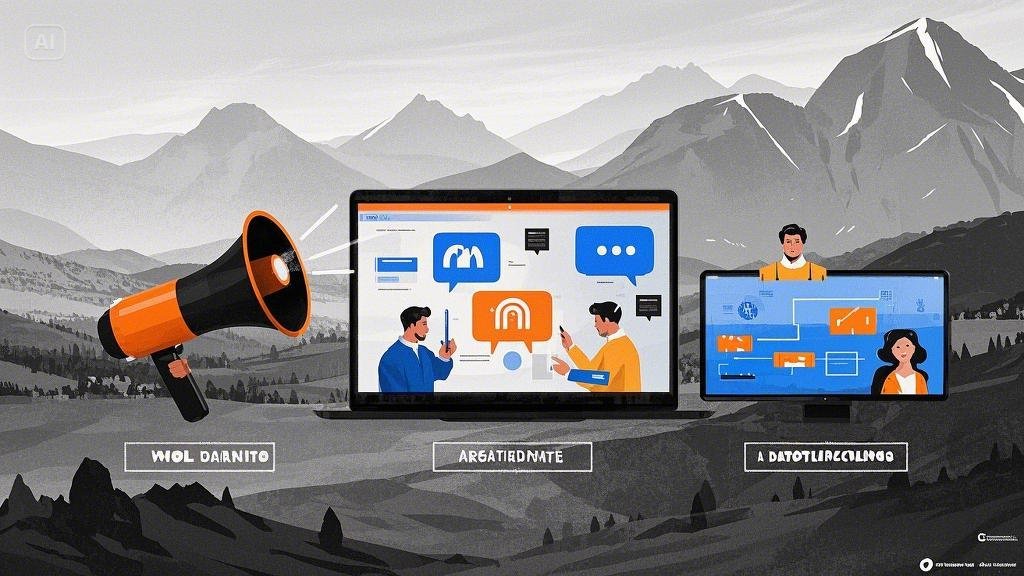
Now, we’re entering the AI marketing era where technology makes marketing more efficient, precise, and automated. By 2025, AI will play an even more integral role in marketing strategies.
2. Content is the Core of Marketing, and AI Has Powerful Content Creation Capabilities
Content creation has always been time-consuming, but AI has transformed this by:
- Understanding the logical structure of language.
- Recognizing emotions.
- Imitating different writing styles.
In 2025, AI will be responsible for creating a significant portion of content, allowing businesses to scale their marketing efforts with ease.
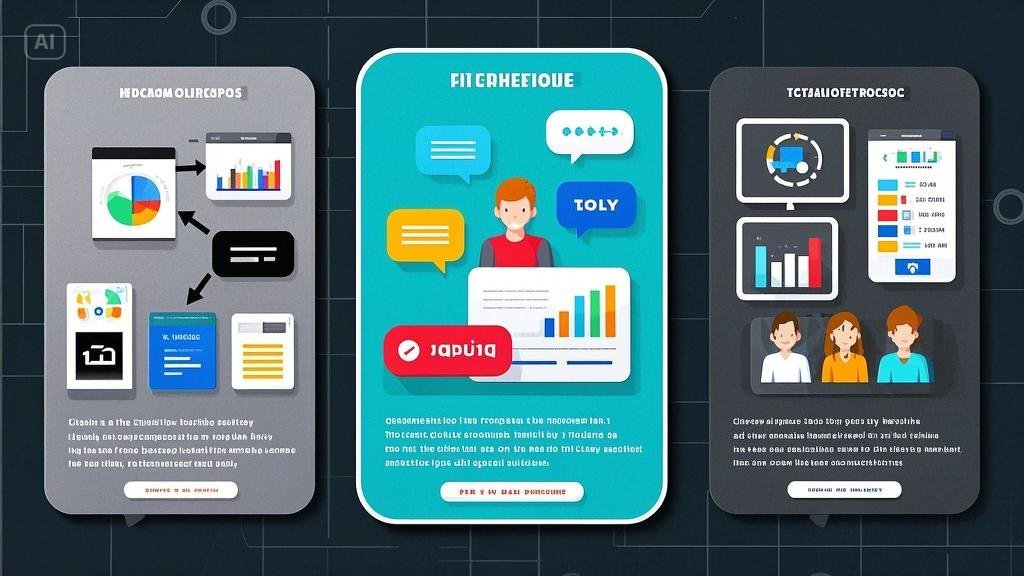
3. Marketing Follows Patterns, and AI Excels at Scientific Operations
AI excels at handling tasks with predictable patterns, such as:
- Automating complex data analysis.
- Making market predictions.
- Enhancing efficiency and accuracy.
AI’s role in automating data-driven tasks will be crucial for personalized and targeted marketing by 2025.
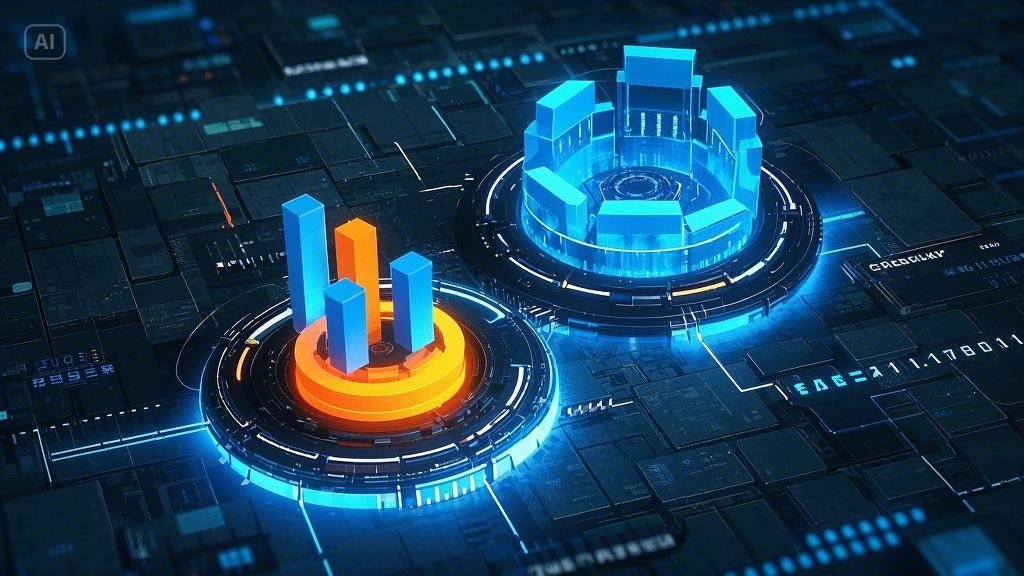
How to Use AI in Business Practice by 2025
With over 20 years of experience in online marketing, I’ve developed a comprehensive AI marketing framework consisting of Seven Key Capabilities and Eight Key Scenarios. By leveraging these, businesses can apply AI effectively to enhance marketing performance.
even Key AI Capabilities
These capabilities span all areas of marketing and include:
- Language Comprehension
- Knowledge Learning
- Multi-modal Expansion
- Data Analysis
- Logical Reasoning
- Content Creation
- Human-Machine Interaction
By 2025, these AI capabilities will allow businesses to make faster, more informed decisions.
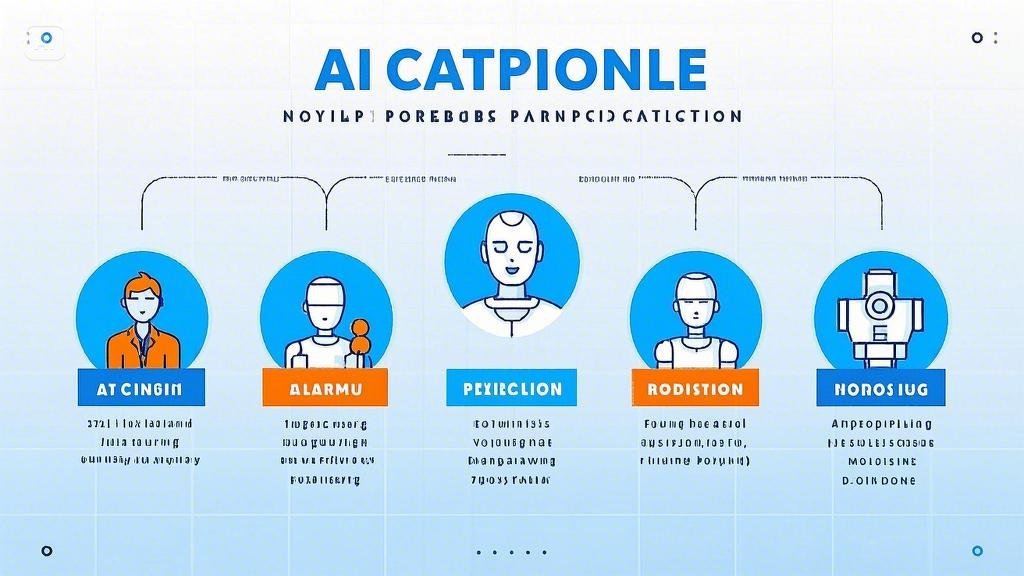
Eight Key Marketing Scenarios
AI enhances marketing efficiency at every stage, from:
- Market Analysis: Identifying potential users.
- Content Creation: Personalizing content to boost engagement.
- Customer Service: Automating responses to improve customer experience.
By 2025, AI will provide a fully integrated marketing workflow, enabling businesses to manage customer journeys seamlessly.
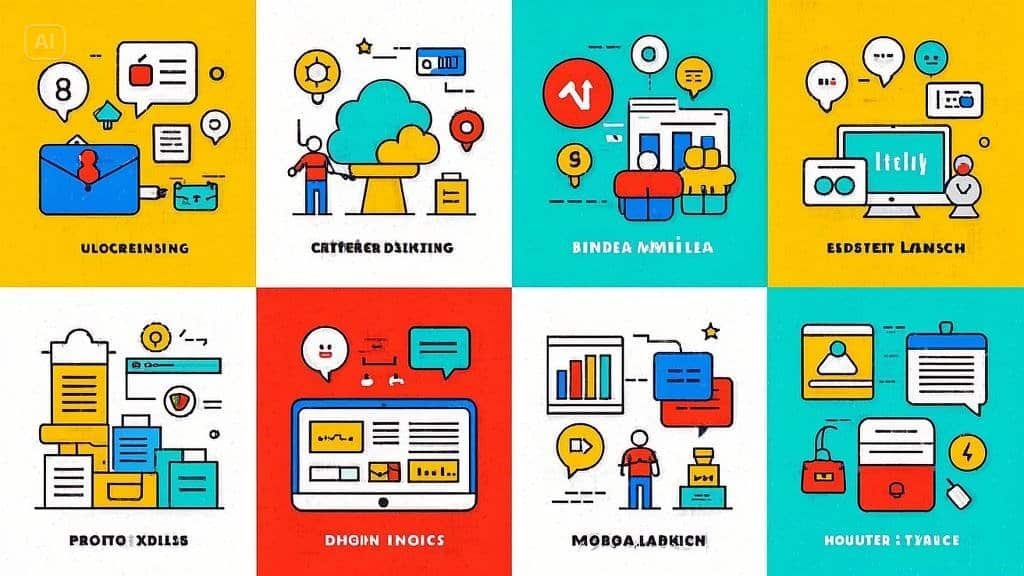
How to Apply AI at Different Levels
I categorize AI applications into three levels: Task-Level, Role-Level, and Process-Level. Each level increases the scope and impact of AI in marketing.
Task-Level Application
- Focus: Automating individual tasks using specific prompts.
- Examples: Automating data entry, email responses, or social media posting.
By 2025, task-level AI will handle routine tasks quickly and accurately.
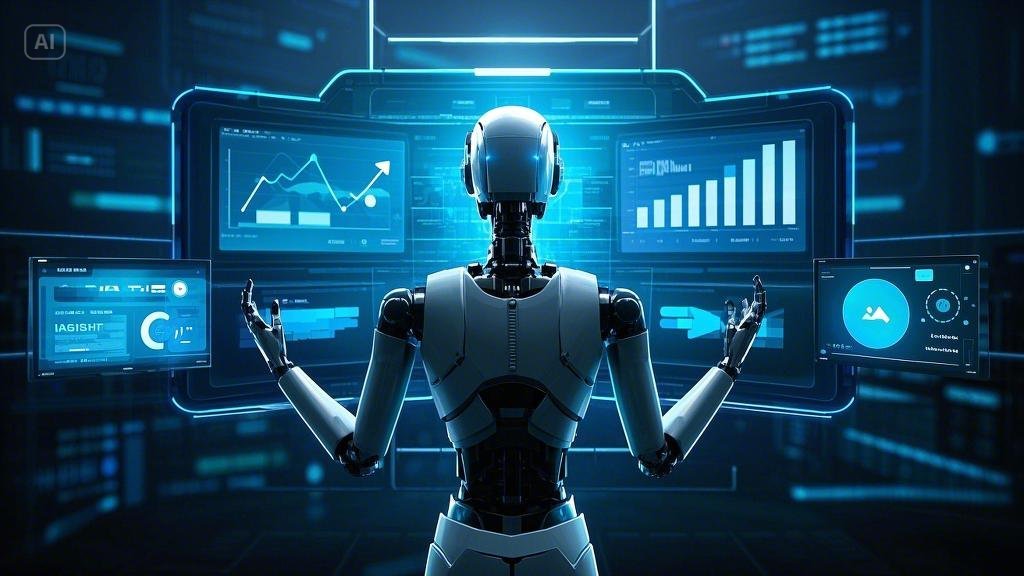
Role-Level Application
- Focus: AI as an “intelligent agent” or “digital employee.”
- Examples: AI can take on roles such as customer service, content strategist, or market analyst.
By 2025, AI will fill a variety of roles across departments, enhancing efficiency.
Process-Level Application
- Focus: Automating entire marketing processes.
- Examples: AI-driven campaign management, from lead generation to post-purchase engagement.
By 2025, AI will streamline entire workflows, ensuring smooth and efficient execution.

Real-World Example: Using AI for Print Ad Creation in 2025
In 2025, AI tools can be used for print ad creation by:
- Strategy Analysis: AI analyzes market trends and audience preferences.
- Creative Brainstorming: AI suggests innovative ideas.
- Copywriting: AI generates copy based on specific brand messages.
- Design: AI creates visually appealing layouts.
The result is an ad that looks as if it were created by a professional with years of experience. This AI-powered process will be even faster and more innovative by 2025.
Three Key Takeaways to Maximize AI Marketing Potential in 2025
- Upgrade Marketing Professionals’ Skills: AI is a tool, but human creativity and strategic decision-making remain essential.
- Organizational Transformation: Businesses must adjust internal processes and train teams to adapt to AI.
- Manage Risks: Address issues like privacy, security, and over-reliance on AI.
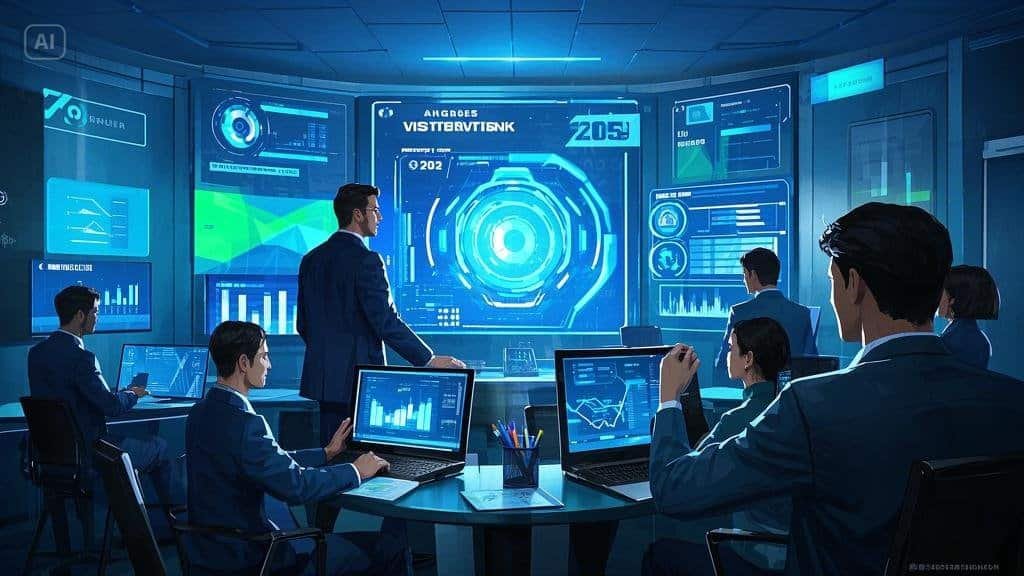
Ready for the AI Marketing Revolution?
As we head into 2025, AI will continue to transform how businesses approach marketing. By leveraging AI tools effectively at different levels, businesses can streamline operations, enhance creativity, and improve efficiency.
Have you started using AI in your marketing strategies? What challenges have you faced, and how have you overcome them? Share your thoughts and experiences in the comments below!

